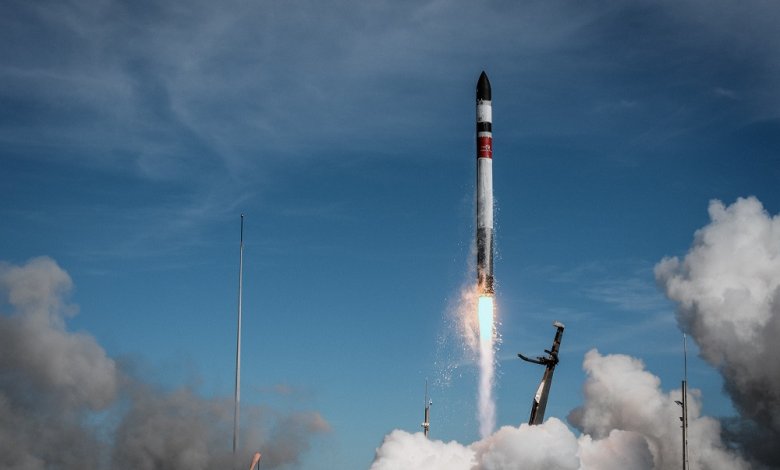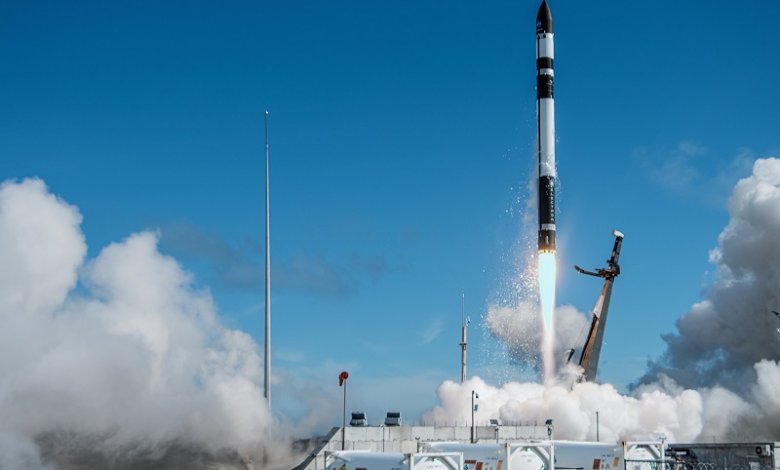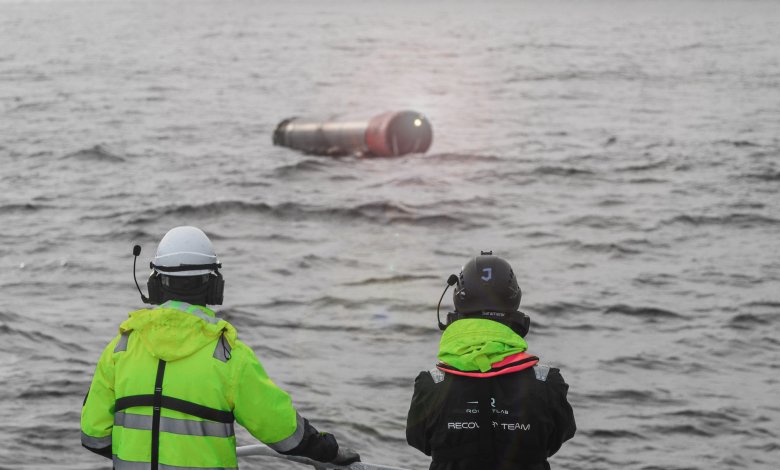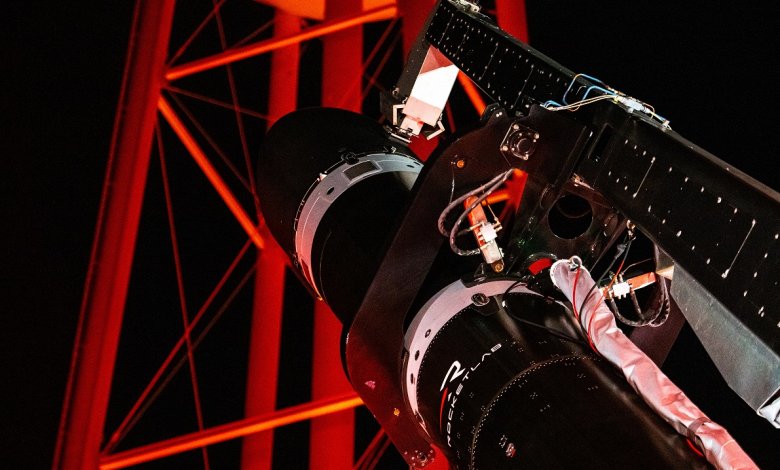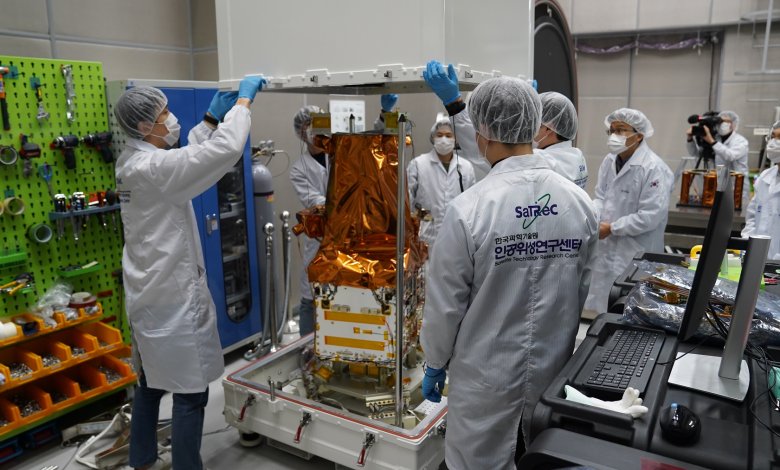Rocket Lab to Resume Electron Launches in August
Rocket Lab to Resume Electron Launches in August
Four weeks after experiencing an in-flight anomaly, Rocket Lab has identified the issue and received approval from the Federal Aviation Administration to return to flight
Long Beach, California. July 31, 2020 – Rocket Lab today announced that it has received approval from the Federal Aviation Administration (FAA) to resume launches this month after identifying an anomalous electrical connection as the cause of an in-flight failure on July 4, 2020. With corrective measures underway, the next Electron launch has been scheduled for August from Launch Complex 1.
Over the past month, Rocket Lab has collaborated on an investigation with the support of the FAA, the primary federal licensing body for commercial space launch activity. Rocket Lab’s Accident Investigation Board (AIB) worked through an extensive fault tree analysis to examine all potential causes for the anomaly that took place late into Rocket Lab’s 13th launch.
On July 4, 2020, the Electron launch vehicle successfully lifted-off from Launch Complex 1 and proceeded through a nominal first stage engine burn, Stage 1-2 separation, Stage 2 ignition, and fairing jettison as planned. Several minutes into the second stage burn, the engine performed a safe shutdown resulting in a failure to reach orbit. Due to the controlled way the engine shut down, Rocket Lab continued to receive telemetry from the vehicle, providing engineers with extensive data to conduct a robust investigation into the issue. After reviewing more than 25,000 channels of data and carrying out extensive testing, Rocket Lab’s AIB was able to confidently narrow the issue down to a single anomalous electrical connection. This connection was intermittently secure through flight, creating increasing resistance that caused heating and thermal expansion in the electrical component. This caused the surrounding potting compounds to liquefy, leading to the disconnection of the electrical system and subsequent engine shutdown. The issue evaded pre-flight detection as the electrical connection remained secure during standard environmental acceptance testing including vibration, thermal vacuum, and thermal cycle tests.
Peter Beck, Rocket Lab’s founder and CEO, said the issue had never been observed before across the company’s previous 12 Electron launches. “The issue occurred under incredibly specific and unique circumstances, causing the connection to fail in a way that we wouldn’t detect with standard testing. Our team has now reliably replicated the issue in test and identified that it can be mitigated through additional testing and procedures.”
He added that the Rocket Lab team is immensely grateful for the continued support of our customers and the FAA as the company worked meticulously through the flight investigation. “It’s a testament to Electron’s track record of reliability that the FAA has approved us for return to flight already. Electron was the 4th most frequently launched rocket in the world last year and prior to the anomaly we had deployed 53 customer payloads to orbit without fail. Returning to the pad with an even more reliable vehicle for our mission partners is our top priority.”
Rocket Lab is now set to return to the pad in August to launch a dedicated mission from Launch Complex 1 Pad A on New Zealand’s Māhia Peninsula. Specific details of the launch window and customer will be provided in the coming days.



